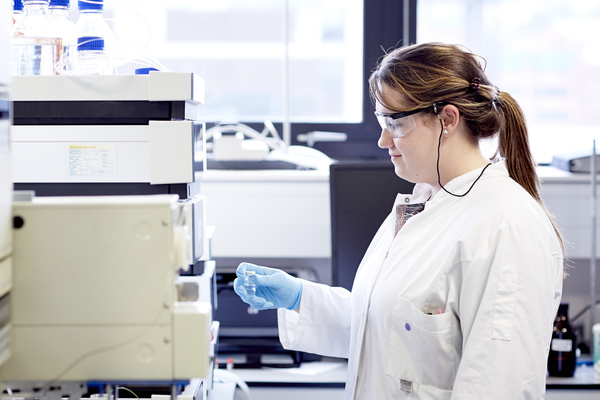How You Study
The course will be delivered through modules that fall into three categories:
Advanced Theoretical Platforms and Topics: modules in this area aim to establish knowledge and understanding of the basis of modern and materials chemistry, and equip students with the skills and experience needed for successful delivery and completion of research investigation projects.
Advanced Methods: these modules look to establish knowledge and understanding of specific instrumental techniques, data analysis, and potential applications. Each module offers hands-on operator training to qualify successful students as independent users of instrumentation. These modules will be delivered in a three-day 'short course' format.
Specialist Topics: these modules provide the context of application for energy materials (e.g. photovoltaics, batteries, bioelectrochemistry) and enable students to develop an awareness of recording/reporting and regulatory requirements that apply in particular sectors. These aspects can be developed through experience of application in context through a research project.
The final stage of the programme enables students to further develop their knowledge and skills, and to gain the experience required for informed development of functional low dimensional materials for applications ranging from solar cells, to drug delivery and therapy. Students can develop their understanding of advanced characterisation techniques. Key skills required for experimental work will be underpinned by integrated lectures, hands-on instrument training, and workshops that focus on the development of skills for experimental design and interpretation of experimental data.
The specialist modules in energy material and battery science are presented as a series of short courses. Emphasis is placed on developing problem-solving skills, including critical evaluation of data, selecting and, where appropriate, adapting characterisation methods, and feeding the results of studies into the growth/synthesis of functional materials with required properties. The practical studies, methods, and techniques can be tailored towards the chosen area of specialism.
The professional and personal development modules run over the two terms of the course. Professional skills, employability, and awareness of current trends and application of analytical science can be developed in this module in the context of students' chosen areas of specialism. Students are expected to undertake an independent learning programme based on reflective practice to consolidate and enhance their personal and professional development. A broad range of activities can be included in this portfolio including more advanced or specialist training.




